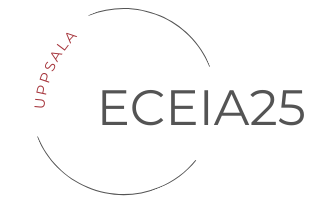Broadening horizons of academic integrity
The book of abstract can be found here.
Conference topics
- Academic integrity in online education
- Student involvement in building a culture of academic integrity
- Bridging academic integrity and research ethics
- Academic integrity in secondary education
- Integrity in academic writing
- Academic integrity and text matching software tools
- Academic Integrity: Current Research
Keynote speakers
Sarah Eaton
Friday, June 11th, 16:00 CEST
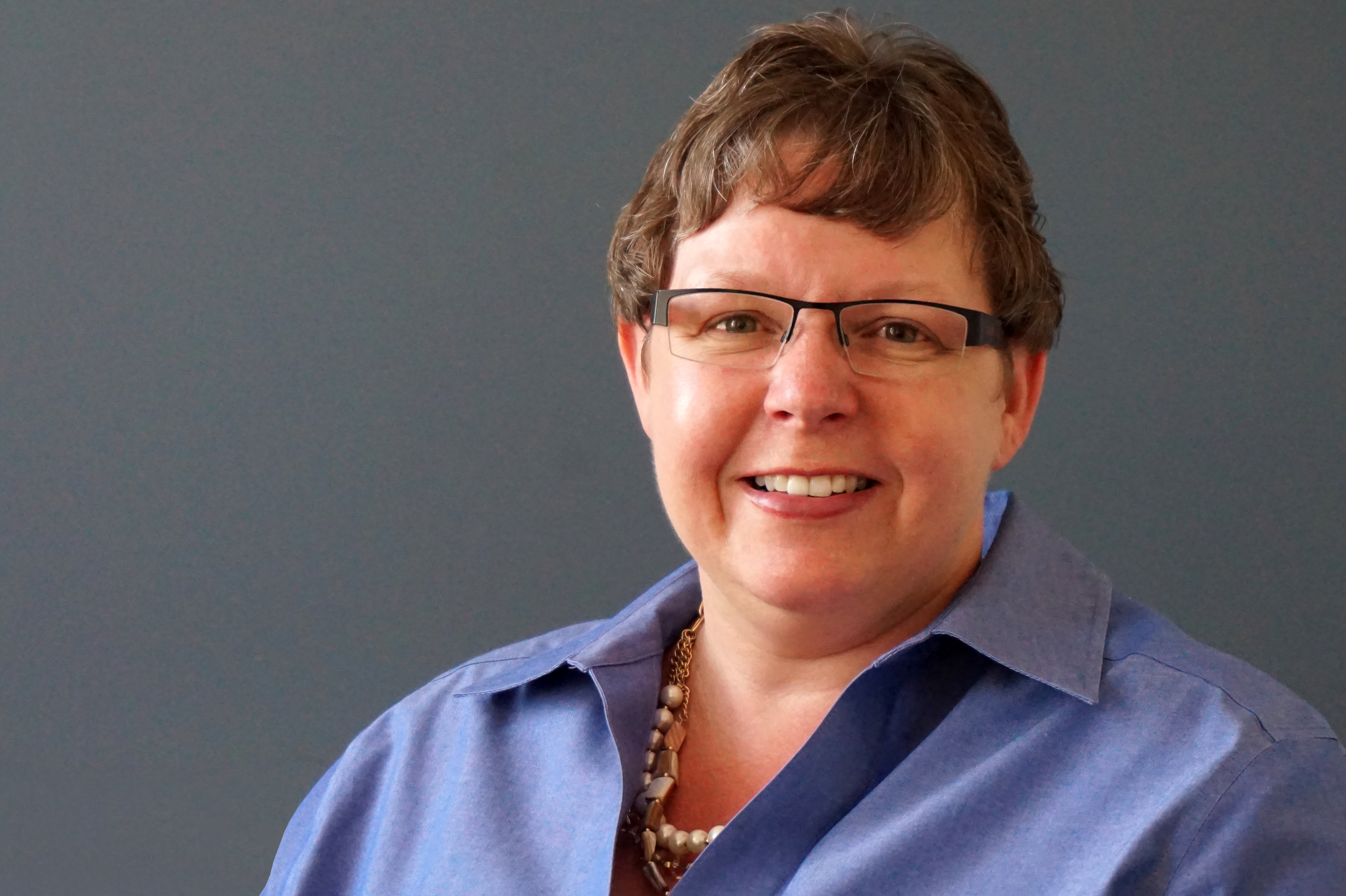
Sarah Elaine Eaton, Ph.D. has been teaching in higher education since 1994, but around 2012. She shifted to a mostly online format, as her huniversity has a large graduate program (900+ students) who take their courses with their in blended or online formats. Between graduate-level courses, as well as continuing professional development courses, she thinks she has taught over 100 online courses (of varying lengths) over the past 10 years, with about 50 of them being graduate-level (masters and doctoral) courses.
She did a research project a few years ago at the University of Calgary where she was in the team which built an online tutorial for academic integrity for students in their online and blended research projects. They were a research team of 3, and Thet received some funding to do the project. It was only an institutional-level project, but it should provide an evidence base to speak from, and she can certainly speak to trends as they are reflected in the current research literature.
Info: https://werklund.ucalgary.ca/sarah-eaton
GoogleScholar: https://scholar.google.com.au/citations?hl=cs&user=EmD2JcoAAAAJ
ResearchGate: https://www.researchgate.net/profile/Sarah_Eaton
Twitter: https://twitter.com/DrSarahEaton
Communities of Integrity: Engaging Ethically Online for Teaching, Learning, and Research
The COVID-19 crisis challenged us to learn, teach, and work in ways we never had before. As we move further into 2021 more educational institutions are thinking about how online teaching and learning can become a permanent way of offering programs. However, there are still ethical considerations that merit deeper consideration. Before the pandemic, there was 20 years of research from various countries to show there was less misconduct in online courses than in face-to-face courses, yet during COVID-19 academic and research misconduct increased dramatically around the world. So, what happened? And how do we move forward from here? Join us for an evidence-informed keynote about how to support ethical teaching, learning, and researching in online and blended contexts in 2021 and beyond.
Erika Löfström
Thursday, June 10th, 9:00 CEST
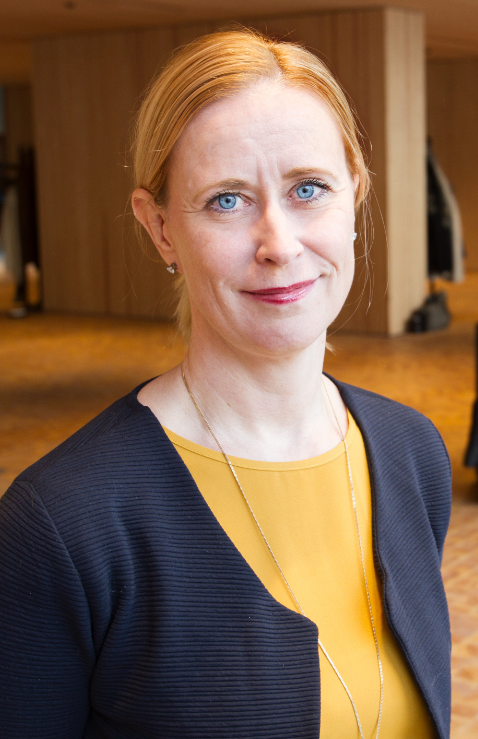 Dr. Erika Löfström is a professor of Education at the University of Helsinki, Faculty of Educational Sciences where she leads a primary teacher education program. She has a longstanding interest in research ethics and integrity. Her research areas include research ethics and integrity and related learning and supervision processes, as well as academic writing and plagiarism. She has published her research in journals such as e.g. Higher Education, Studies in Higher Education, International Journal for Educational Integrity, Ethics & Behavior, and Journal of Academic Ethics. She has collaborated actively with colleagues across Europe, e.g. in the H2020-funded projects Virt2ue (2018-2021) and ENERI – European Network of Research Ethics and Research Integrity (2016-2019).
Dr. Erika Löfström is a professor of Education at the University of Helsinki, Faculty of Educational Sciences where she leads a primary teacher education program. She has a longstanding interest in research ethics and integrity. Her research areas include research ethics and integrity and related learning and supervision processes, as well as academic writing and plagiarism. She has published her research in journals such as e.g. Higher Education, Studies in Higher Education, International Journal for Educational Integrity, Ethics & Behavior, and Journal of Academic Ethics. She has collaborated actively with colleagues across Europe, e.g. in the H2020-funded projects Virt2ue (2018-2021) and ENERI – European Network of Research Ethics and Research Integrity (2016-2019).
She teaches research ethics/integrity to undergraduate, graduate, and doctoral students, as well as faculty and experts in these areas and, is a keen developer of research ethics/integrity training.
Löfström is a long-time chair of the non-medical ethics review board at the University of Helsinki, and has, in that capacity, actively developed local ethics review practices as well as guidelines at the national level. She is a board member of the Academy of Finland and vice-chair of the Finnish National Board on Research Integrity. She also chairs the group that oversees and develops the national research integrity advisor system established by the Finnish National Board on Research Integrity.
Info: https://researchportal.helsinki.fi/en/persons/erika-löfström”
ResearchGate: https://www.researchgate.net/profile/Erika_Loefstroem
Twitter: https://twitter.com/elofstro
Supervision as an arena for teaching and learning academic integrity and research ethics
Academia depends on fostering new generations of researchers and teachers who advance our common knowledge base and in turn, foster new generations. It is not irrelevant how the new generations are equipped with relevant knowledge and competences. What values and behaviors they exhibit depend to a great extent on the academic culture, which they are socialized in. Supervisors play a crucial role in the learning processes. Students and novice researchers pick up both good and undesirable practices from their supervisors. In my talk I focus on supervision as a key activity through which new generations of academics learn about research ethics and about values and behaviors related to integrity. I answer the question, how does integrity and ethics emerge and manifest themselves in the supervisory relationship, and how do supervisors and supervisees perceive the relationships in terms of integrity, ethics and associated challenges. While focus is on the supervisory relationship, I will also discuss implications for meso and macro levels in a systems perspective, i.e. departmental and national levels.
video
Guy Curtis
Wednesday, June 9th, 10:00 CEST
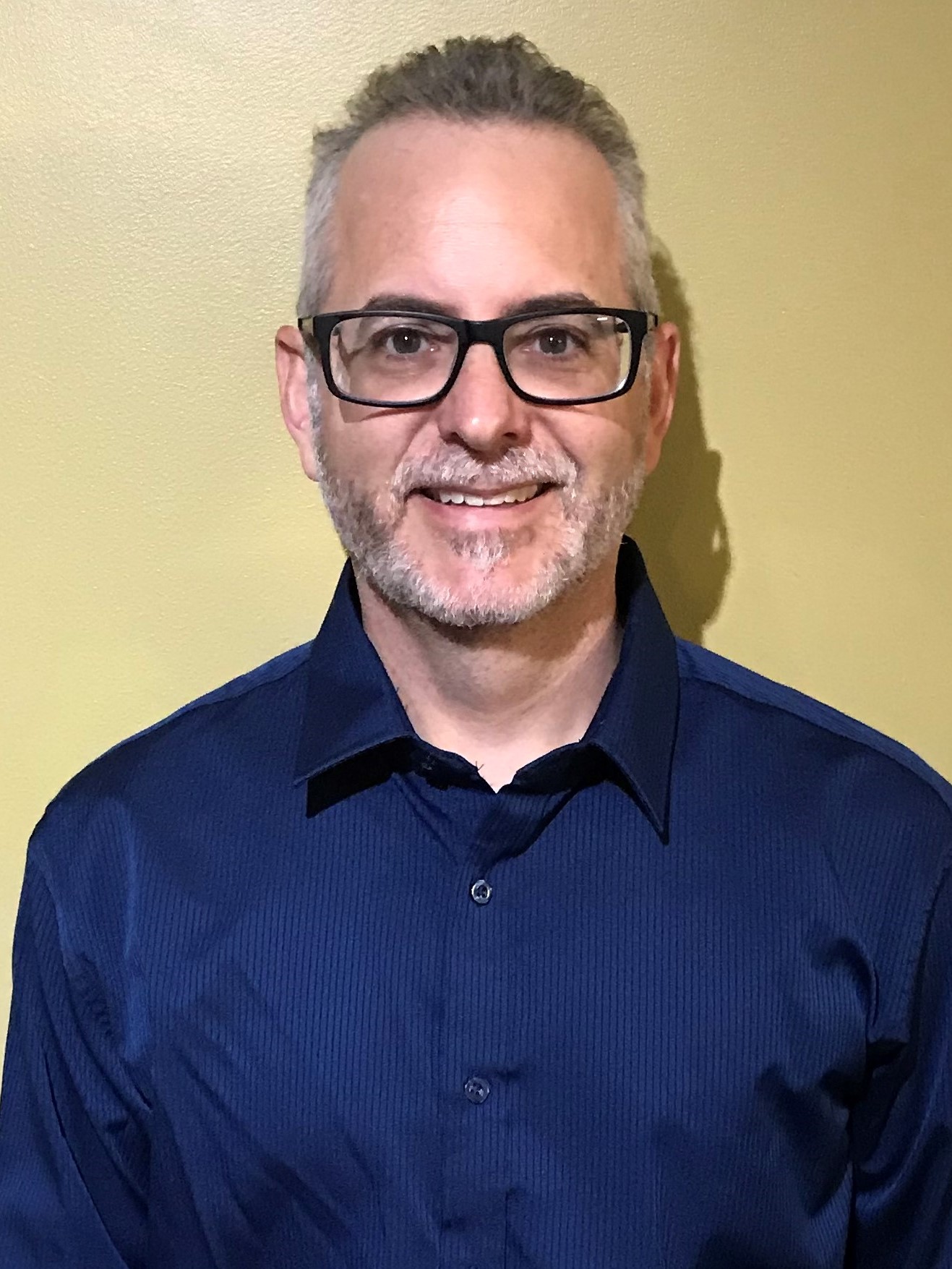 Dr. Guy Curtis is a Senior Lecturer in the School of Psychological Science at the University of Western Australia. He has a long-standing interest in academic integrity and has been researching student plagiarism and cheating for over 15 years. Guy has conducted research on cultural, demographic, and psychological predictors of plagiarism and cheating, the prevalence of plagiarism and cheating among students, and interventions designed to educate students and university staff about academic integrity. In 2019/20, Guy was part of a team that developed an academic integrity toolkit for the Australian higher education standard regulator: https://www.teqsa.gov.au/academic-integrity-toolkit. He has published over 40 journal articles and is an Associate Editor of Higher Education Research & Development, the Australian Journal of Psychology, and Frontiers in Psychology. Guy’s work and profiles can be found here:
Dr. Guy Curtis is a Senior Lecturer in the School of Psychological Science at the University of Western Australia. He has a long-standing interest in academic integrity and has been researching student plagiarism and cheating for over 15 years. Guy has conducted research on cultural, demographic, and psychological predictors of plagiarism and cheating, the prevalence of plagiarism and cheating among students, and interventions designed to educate students and university staff about academic integrity. In 2019/20, Guy was part of a team that developed an academic integrity toolkit for the Australian higher education standard regulator: https://www.teqsa.gov.au/academic-integrity-toolkit. He has published over 40 journal articles and is an Associate Editor of Higher Education Research & Development, the Australian Journal of Psychology, and Frontiers in Psychology. Guy’s work and profiles can be found here:
UWA: https://research-repository.uwa.edu.au/en/persons/guy-curtis
GoogleScholar: https://scholar.google.com.au/citations?user=IHsYQB0AAAAJ&hl=en
ResearchGate: https://www.researchgate.net/profile/Guy_Curtis2
Twitter: https://twitter.com/GuyCurtis10
Evolving an understanding of academic integrity
I have been conducting research on academic integrity, on and off, for over 15 years, with academic integrity becoming the increasing focus of my research. This presentation will summarize my research journey. Starting in 2004, I investigated the prevalence, understanding, and perceived seriousness of plagiarism, and I’ve repeated this investigation every 5 years since. This research has suggested how plagiarism trends are changing, why they might be changing, and how to change them. Additionally, as a psychologist, I’ve become increasingly interested in psychology of plagiarism and cheating, raising questions such as why do students plagiarise, what makes cheaters different from non-cheaters, and how do personality, attitudes, and emotions interact to predict cheating and plagiarism?
video
Discussion panels
Student involvement in academic integrity
Wednesday, June 9th, 14:00 CEST
As students` representatives, we have a task to uphold and promote academic integrity, not only as an ideal to strive to but as a way of life and work. European Students` Union has always guided their members towards transparency, accountability, and integrity in a way in which every student can relate and take up these principles. European Conference on Academic Integrity and Plagiarism 2021 will offer new insights into the difficulties that the academic society meets daily and discuss a way forward, free of plagiarism, violation of intellectual property, dishonesty, and irresponsibility.
Moderator: Pegi Pavletić, Member of the Executive Committee, European Students’ Union
Panelists:
- Özgür Çelik, Ph.D. student, Canakkale Onsekiz Mart University, Turkey
- Sven Sušanj, Students` ombudsman, Croatian Students` Council, Croatia
- Megan O`Connor, Education Officer and Deputy President in Trinity College Dublin Students Union
- Dajana Sinik, students` representative, National College of Ireland Students’ Union President, Ireland
- Sanja Barić, Ph.D., Faculty of Law, University of Rijeka, Croatia
Fostering Academic Integrity in Secondary Education
Thursday, June 10th, 14:00 CEST
Higher education institutions across the world face challenges to instil culture of academic integrity in their communities. Often, the focus is placed on student misconduct and attempts to deal with it. However, study skills, practices, and attitudes develop a long time before one enters higher education. It is therefore important to spotlight the development of academic integrity at the secondary education level. Therefore, the panel aims to bring research and practice-shaped insights on how we can develop a more consistent linkage between secondary and higher education levels.
Moderator: Inga Gaižauskaitė, Institute of Sociology at the Lithuanian Centre for Social Sciences, Lithuania
Panelists:
- Dr. Mustafa Yunus Eryaman, The World Education Research Association (WERA) | Canakkale Onsekiz Mart University, Turkey
- Dr. Zeenath Reza Khan, University of Wollongong in Dubai | Centre for Academic Integrity in the UAE, UAE
- Charlotta Rönn, University of Gävle, Sweden
- Dr. Brenda M. Stoesz, The Centre for the Advancement of Teaching and Learning, University of Manitoba, Canada
- Dr. Dainius Žvirdauskas, Lithuanian Association of Heads of Schools, Lithuania
Future of software tools for academic integrity
Friday, June 11th, 9:00 CEST
Alongside instruction, technology plays a vital role in helping educators to develop a culture of academic integrity among students. Additionally, the recent shift to remote learning has seen a growing interest in tools that help to deter academic misconduct, including those that support students during the developmental process of academic writing, text-matching software focusing on the integrity of a student’s final submission, and now, proctoring software that seeks to curb exam cheating. But what are the benefits and pitfalls of using technology in this way? Join us as we discuss their effectiveness and consider possible opportunities and challenges for their future development.
Moderator: Tomáš Foltýnek, Mendel University in Brno, Czech Republic
Panelists:
- Debora Weber-Wulff, Professor, HTW Berlin, Germany
- Aaron Yaverski, Regional Vice President – EMEA, Turnitin
- Peter Witasp, COO, Ouriginal
- Lewis McKinnon, Head of Partner Development – Europe, Studiosity
- Artemy V. Nikitov, Company Board member Antiplagiat company, Russia
- Frederic Agnes, CEO, Compilatio,
- Ali Tahmazov, CEO, StrikePlagiarism
Conference committees
Organization committee
Head of the organization committee
Tomáš Foltýnek, Mendel University in Brno, Czech Republic
Organization committee members
Sonja Bjelobaba, Uppsala University, Sweden
Dita Henek Dlabolová, Mendel University in Brno, Czech Republic
Website & Technical issues
Pavel Turčínek, Mendel University in Brno, Czech Republic
Communication & Administration
Tamara Kocurová, Mendel University in Brno, Czech Republic
Graphics & Design
Jana Dannhoferová, Mendel University in Brno, Czech Republic
Program committee
Head of the program committee
Sonja Bjelobaba, Uppsala University, Sweden
Review process coordinators
Irene Glendinning, Coventry University, UK
Veronika Králíková, Mendel University in Brno, Czech Republic
Program committee members
Tomáš Foltýnek, Mendel University in Brno, Czech Republic
Dita Henek Dlabolová, Mendel University in Brno, Czech Republic
Reviewers
Alla Anohina-Naumeca, Riga Technical University, Latvia
Martina Baravalle, mdw – University of Music and Performing Arts Vienna, Austria
Ilze Birzniece, Riga Technical University, Latvia
Sonja Bjelobaba, Uppsala University, Sverige
Caroline Campbell, University of Leeds, United Kingdom
Rubén Comas Forgas, Balearic Islands University, Spain
Marco Cosentino, University of Insubria, Italy
Robin Crockett, University of Northampton, United Kingdom
Guy Curtis, University of Western Australia, Australia
Mary Davis, Oxford Brookes University, United Kingdom
Phillip Dawson, Deakin University, Australia
Dita Henek Dlabolová, Mendel University in Brno, Czech Republic
Daniel Dusza, Kanda Institute of Foreign Languages, Japan
Jarret Dyer, College of DuPage, United States
Sarah Elaine Eaton, University of Calgary, Canada
Teddi Fishman, Global integrity consulting, USA
Tomáš Foltýnek, Mendel University in Brno, Czech Republic
Inga Gaižauskaitė, Lithuanian Centre for Social Sciences, Lithuania
Irene Glendinning, Coventry University, United Kingdom
Sandra Gomes, Faculty of Medicine of University of Porto (FMUP), Portugal
Rowena Harper, Edith Cowan University, Australia
Diane Irving, Coventry University, United Kingdom
Zeenath Khan, University of Wollongong in Dubai, United Arab Emirates
Angelika Kokkinaki, University of Nicosia, Cyprus
Veronika Králíková, Mendel University in Brno, Czech Republic
Thomas Lancaster, Imperial College London, United Kingdom
Erika Löfström, Uiversity of Helsinki, Finland
Milan Ojsteršek, University of Maribor, Slovenija
Diane Pecorari, City University of Hong Kong, Hong Kong
Sanja Pekovic, University of Montenegro, Montenegro
Martine Peters, Université du Québec en Outaouais, Canada
Salim Razi, Canakkale Onsekiz Mart University, Turkey
Laura Ribeiro, Faculty of Medicine of the University of Porto, Portugal
Ann Rogerson, University of Wollongong Australia, Australia
Katherine Seaton, La Trobe University, Australia
Shivadas Sivasubramaniam, University of Derby, United Kingdom
Simon Smith, Coventry University, United Kingdom
Karl Strassl, mdw – University of Music and Performing Arts Vienna, Austria
Loreta Tauginienė, Hanken School of Economics, Finland
Oliver Trevisiol, University of Konstanz, Germany
George Ttoouli, Coventry University, United Kingdom
Pavel Turčínek, Mendel University in Brno, Czech Republic
Lorna Waddington, University of Leeds, United Kingdom
Debora Weber-Wulff, HTW Berlin, Germany
Sponsors
Gold sponsors
 Original was established in 2020 when two of the industry’s leading giants, Urkund and PlagScan, decided to join forces to improve academic integrity and promote original thinking. With more than two decades of combined knowledge and expertise, Ouriginal delivers cutting-edge technology that helps enhance the potential of students to think originally, saves time for teachers when evaluating assignments and assists corporates preserve their reputation.
Original was established in 2020 when two of the industry’s leading giants, Urkund and PlagScan, decided to join forces to improve academic integrity and promote original thinking. With more than two decades of combined knowledge and expertise, Ouriginal delivers cutting-edge technology that helps enhance the potential of students to think originally, saves time for teachers when evaluating assignments and assists corporates preserve their reputation.
 Turnitin is a global company dedicated to ensuring the integrity of education and research and meaningfully improving learning outcomes. For more than 20 years, Turnitin has partnered with educational institutions to promote honesty, consistency, and fairness across all subject areas and assessment types. Our products are used by educators to guide their students towards higher standards of integrity and by students, researchers, and professionals to do their best, original work.
Turnitin is a global company dedicated to ensuring the integrity of education and research and meaningfully improving learning outcomes. For more than 20 years, Turnitin has partnered with educational institutions to promote honesty, consistency, and fairness across all subject areas and assessment types. Our products are used by educators to guide their students towards higher standards of integrity and by students, researchers, and professionals to do their best, original work.
 Antiplagiat is the market leader in text reuse detection in Russia and the CIS. We help our users to find plagiarism in term papers, theses, dissertations, scientific articles and reports.
Antiplagiat is the market leader in text reuse detection in Russia and the CIS. We help our users to find plagiarism in term papers, theses, dissertations, scientific articles and reports.
Silver sponsors
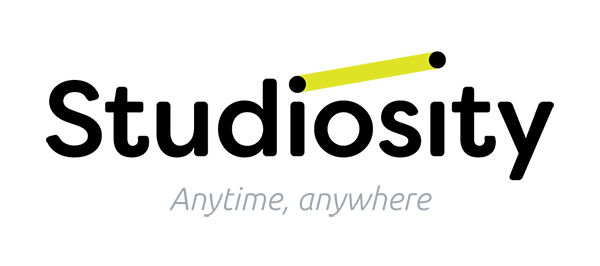 Studiosity is 24/7 individualised online study support, providing timely writing feedback and enquiry-based learning for every learner, in any course.
Studiosity is 24/7 individualised online study support, providing timely writing feedback and enquiry-based learning for every learner, in any course.
Our education partners adopt Studiosity to ensure they are meeting the study help needs and expectations of their students, the quality standards of their institution, while increasing academic success and sense of belonging.
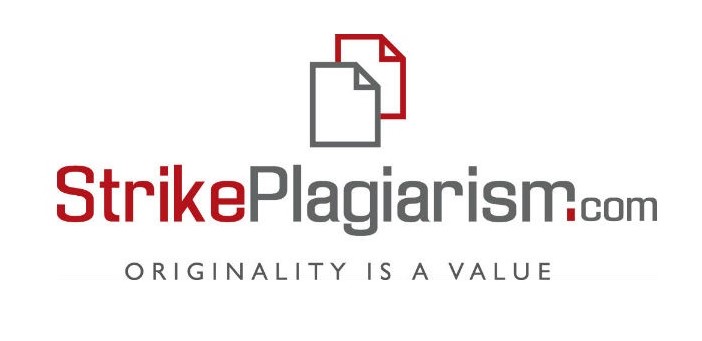 StrikePlagiarism.com system was created in 2002 and currently being used in 25 countries by more than 1 000 academic institutions and business entities. 7 worldwide offices support activities in Europe, Asia as well as in American and African continent. StrikePlagiarism.com is a regular sponsor of the conferences organized by ENAI, rectors’ conferences and many other state and international academic institutions.
StrikePlagiarism.com system was created in 2002 and currently being used in 25 countries by more than 1 000 academic institutions and business entities. 7 worldwide offices support activities in Europe, Asia as well as in American and African continent. StrikePlagiarism.com is a regular sponsor of the conferences organized by ENAI, rectors’ conferences and many other state and international academic institutions.
 Compilatio promotes academic integrity, high-quality education and authenticity. With a comprehensive preventive anti-plagiarism approach, Compilatio helps educational institutions and teachers develop their plagiarism-awareness project. Compilatio implements appropriate educational tools to inform about the regulatory framework, to provide guided practice and training, to assess compliance, to promote best practices and to discipline cheating: informational webinars, preventive communication materials, articles to share tips and best practices, training sessions, turnkey learning tools, “copy/paste” detection software, etc.
Compilatio promotes academic integrity, high-quality education and authenticity. With a comprehensive preventive anti-plagiarism approach, Compilatio helps educational institutions and teachers develop their plagiarism-awareness project. Compilatio implements appropriate educational tools to inform about the regulatory framework, to provide guided practice and training, to assess compliance, to promote best practices and to discipline cheating: informational webinars, preventive communication materials, articles to share tips and best practices, training sessions, turnkey learning tools, “copy/paste” detection software, etc.
Bronze sponsors
 Springer is a leading global scientific, technical and medical portfolio, providing researchers in academia and scientific institutions with quality content through innovative information, products and services. Springer has one of the strongest STM and HSS eBook collections and archives, as well as a comprehensive range of hybrid and open access journals and books under the SpringerOpen imprint. Springer is part of Springer Nature, a global publisher that serves and supports the research community.
Springer is a leading global scientific, technical and medical portfolio, providing researchers in academia and scientific institutions with quality content through innovative information, products and services. Springer has one of the strongest STM and HSS eBook collections and archives, as well as a comprehensive range of hybrid and open access journals and books under the SpringerOpen imprint. Springer is part of Springer Nature, a global publisher that serves and supports the research community.
